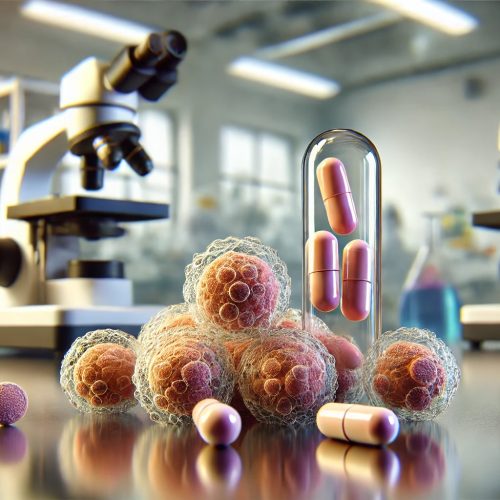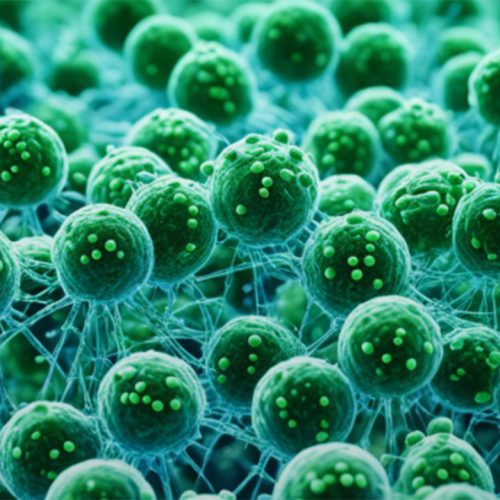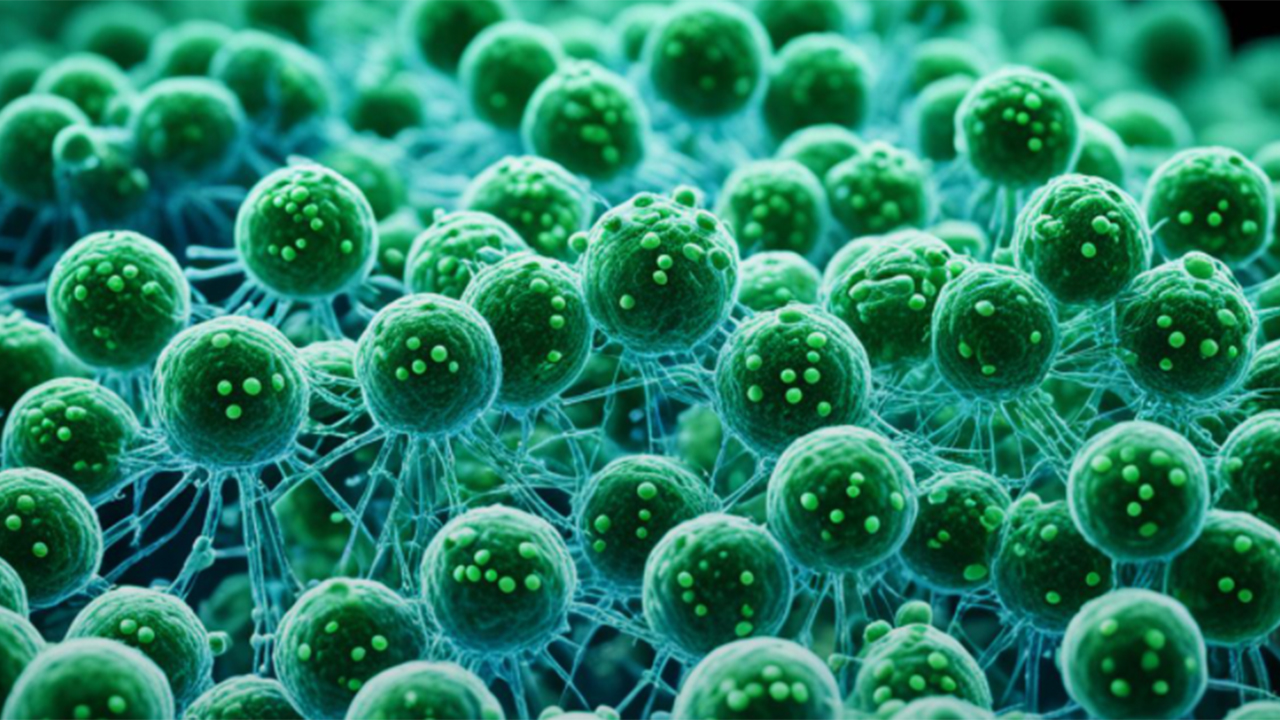Introduction:
Living with cancer is a journey that tests the limits of one’s physical and emotional strength. But amid the uncertainty and fear, countless individuals find the courage to face each day with resilience and hope. This article explores the stories of those who have lived with cancer, revealing the strength that emerges in the face of adversity. Through their experiences, we learn that resilience isn’t just about surviving cancer—it’s about finding ways to thrive despite it.
Finding Strength in the struggle:
When confronted with a cancer diagnosis, the initial shock can be overwhelming. Yet, many patients discover a wellspring of inner strength they never knew existed. Take, for example, the story of Sarah, a mother of two who was diagnosed with breast cancer at the age of 42. Faced with the prospect of aggressive treatment, Sarah focused on her love for her children, using them as her anchor during the toughest moments. Her story is a testament to how love and purpose can fuel resilience, even in the darkest times.
Coping mechanisms:
Resilience is often bolstered by effective coping mechanisms, which vary from person to person. For some, it’s the support of family and friends that provides the strength to keep going. For others, it’s faith, mindfulness, or creative expression. John, a 60-year-old artist living with prostate cancer, found solace in painting. “When I’m creating,” he says, “I feel like I have control over something in my life, even when everything else feels uncertain.” John’s story highlights the importance of finding personal outlets that bring joy and a sense of normalcy.
The Power of support systems:
No one should face cancer alone. Strong support systems—whether they include family, friends, healthcare professionals, or support groups—are crucial in fostering resilience. Maria, a 35-year-old living with leukemia, credits her support group for giving her the strength to continue treatment. “Hearing others’ stories and knowing I’m not alone has made all the difference,” she shares. Maria’s experience underscores the power of community in providing both emotional and practical support.
Lessons in Resilience:
Living with cancer teaches profound lessons in resilience. Many survivors reflect on how their journey has reshaped their outlook on life. They often speak of a newfound appreciation for the present moment and a deeper understanding of what truly matters. This shift in perspective can be empowering, as it allows individuals to focus on what they can control, rather than what they can’t.
Conclusion:
Resilience in the face of cancer is a complex and deeply personal experience. It’s about more than just enduring treatment—it’s about finding strength in unexpected places, embracing support, and learning to live fully despite the challenges. The stories of Sarah, John, Maria, and countless others serve as reminders that, even in the face of cancer, the human spirit is remarkably strong. By sharing their journeys, they inspire us all to find our own paths to resilience.
References
- “The Cancer Survivor’s Guide: The Essential Handbook to Life After Cancer” by Michael Feuerstein or “Radical Remission: Surviving Cancer Against All Odds” by Kelly A. Turner.
- Cancer Research UK






